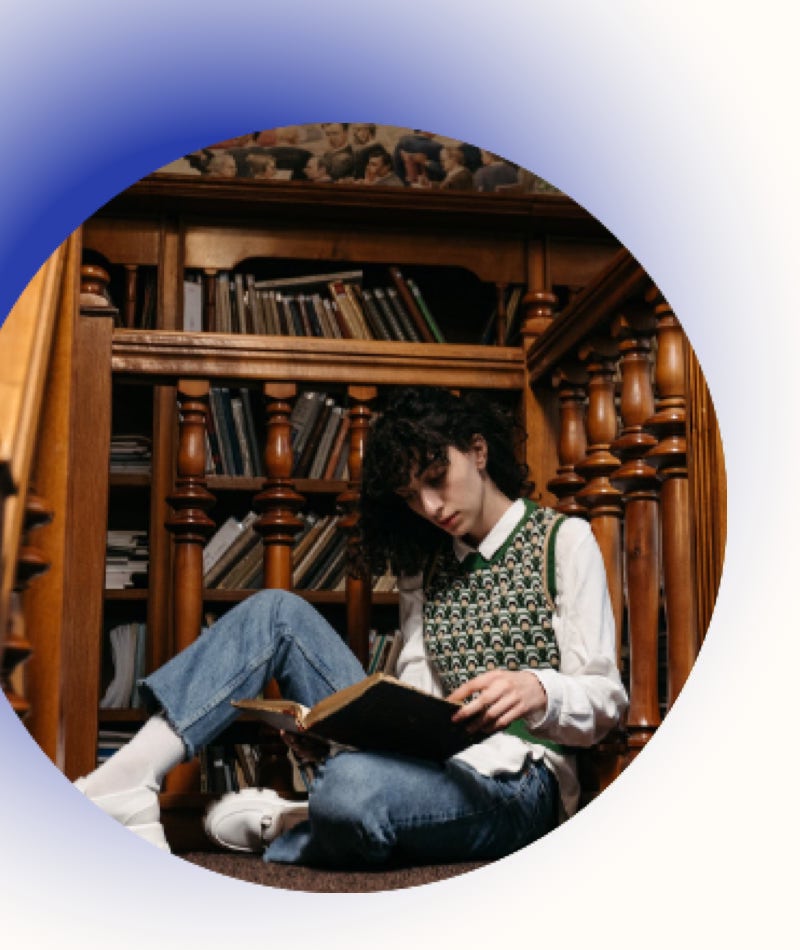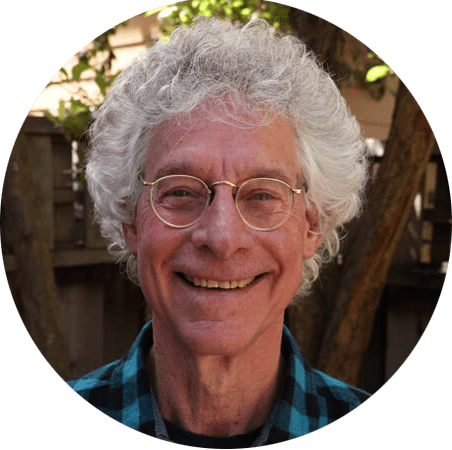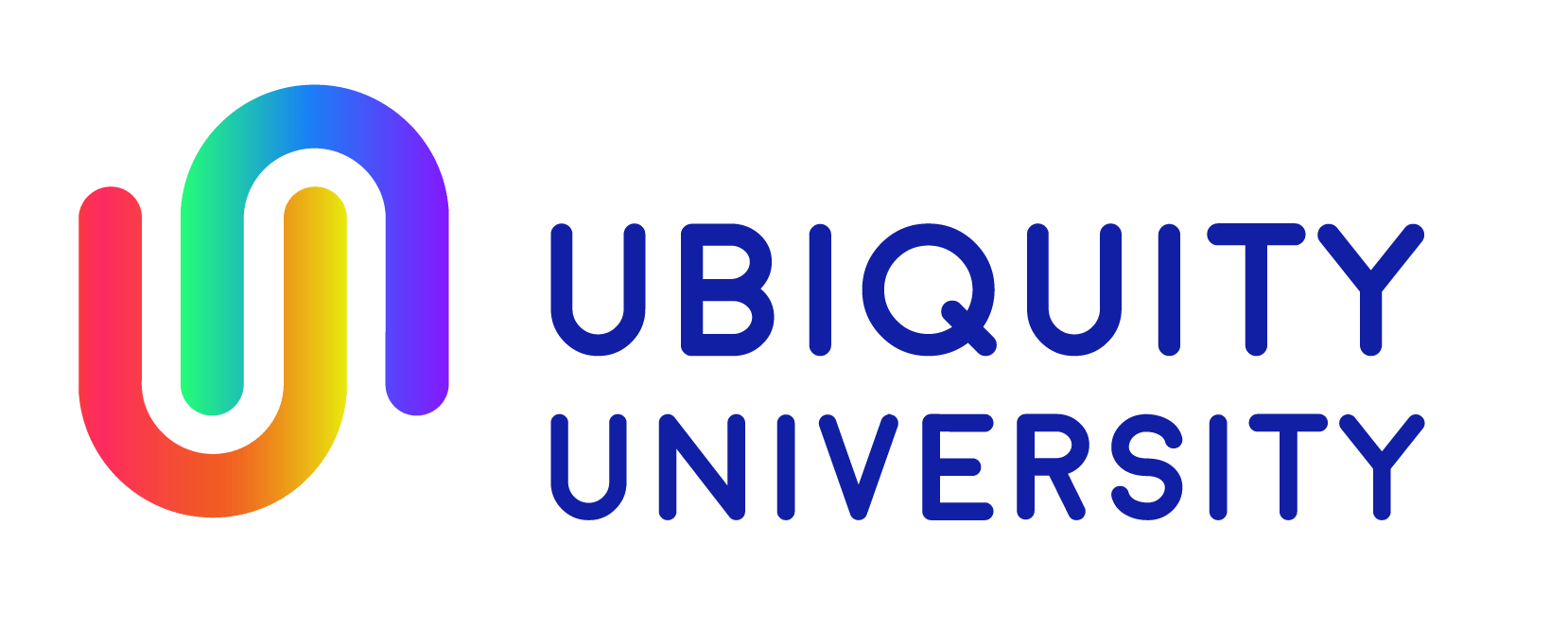
Go Deep to Go Far
Great Books
At the heart of the world wisdom traditions are books that distill the essence of the teachings of the masters down through the ages.
Format
Macro-Course
Dates
Every Second Tuesday of the Month
Location
Live webinars on Zoom; Recordings on our GB YouTube Playlist
Faculty
Dr. Jim Garrison and
Dr. Gyorgyi Szabo
Credit
Masters – 3 credits; Doctoral – 3 credits
*Available for public audit
What makes a Great Book great?
At the heart of the world’s wisdom traditions are books that distill the essence of the teachings of the masters and disseminate them down through the ages. Many have no authors, some are compilations over long periods of time, and others reflect teachings of masters who themselves never wrote a word.
Socrates and Jesus never wrote any books, for instance, but Plato wrote his Dialogues recalling his memory of what Socrates said. The Gospels recount the life of Jesus many decades after Jesus had gone. Other books have legendary authors but appear to be compilations heavily redacted over many centuries. Some books are considered “God’s word” such as the Bible or the Koran and have endured for millennia inspiring countless millions of believers.
Others remain obscure and speak deeply symbolic truths hidden within the layers of the language in the text itself. Still others express the essence of a tribal tradition on the brink of extinction and are valued for what is on the verge of being lost. Great books continue to be written by individuals alive today.
Learning Objectives
- To understand the qualities that distinguish a literary work as a “Great Book.”
- To reflect upon the challenges framed by authors in ancient times in light of current global crises.
- To grapple with deep issues common to all humanity through active discussion, web forum postings, and/or paper assignments.
- To compare the major themes of the books studied.
Academic Credit

Students taking the course for academic credit are required to submit a post-paper at the end of each year that includes all of the books discussed during that year. Masters level post-papers are 10-15 pages and Doctoral level are 20-25 pages in length. Papers should be written in APA style, with footnotes and bibliography.
Papers should demonstrate your knowledge of the books discussed and explore how the content has contributed to the your understanding of themselves and to their spiritual growth. Artistic expression is welcomed. Papers can be a comparative analysis of the various books or a thematic approach which looks at the books from a particular lens or theme.
The rules guiding our assignment collection and grading process can be found here: Ubiquity University Grading Policy
Degree students may choose any prior or current Great Books for their paper:
- Jim Garrison, PhD, on Thus Spoke Zarathustra by Friedrich Nietzsche
- Renn Butler on The Way of the Psychonaut: Encyclopedia for Inner Journeys (2019) By Stanislav Grof, M.D., PhD.
- Linda White on One Nation Under Blackmail by Whitney Webb
- Randy Cleveland, RPP on The Age of Resilience: reimagining existence on a rewilding earth (2022) by Jeremy Rifkin
- Michelle Blair, Ph.D on The Earth Has a Soul: C.G. Jung on Nature, Technology & Modern Life. Edited by Meredith Sabini, Ph.D.
- Gyorgyi Szabo, PhD on Fairy Tales by Hermann Hesse
Click here to visit the Great Books 2024 page and take the course!
Jim Garrison, PhD, on Prisoners of Geography by Tim Marshall
Maryam Sayyad, PhD, on The Golden Ass by Apuleius (translated by E.J. Kenney)
Raffaelo Manacorda on The Book of Secrets by Osho
Sanna Lamb on Crossing the Unknown Sea: Work as a Pilgrimage of Identity by David Whyte
Jim Garrison, PhD, on The True Believer by Eric Hoffer
Jim Garrison, PhD, on A.D. After Disclosure: When the Government Finally Reveals the Truth about Alien Contact by Richard M. Dolan
- Kala Perkins, MSc/ PhD(c) on Infinity 1 and 2
- Jim Garrison, PhD, on Man’s Search for Meaning
- Thomas Hübl, on Tao de Ching
- Carolyn Baker, on The Web of Meaning
- Brenda Crowther on The Psychology of Kundalini Yoga by C G Jung
- Gyorgyi Szabo, PhD, on Montaigne’s The Essays
Jim Garrison, PhD, on "1984" by George Orwell
Peggy Rubin on "The Tempest" by William Shakespeare
Carolyn Baker, PhD, on "Devotions" by Mary Oliver
Gyorgyi Szabo, PhD on "The Second Sex" by Simone de Beauvoir
- Jim Garrison, PhD, on The Foundations of Tibetan Mysticism
- Jim Garrison, PhD, on Beyond Good and Evil
- Jim Garrison, PhD, on You Are the Placebo: Making Your Mind Matter
- Kayleen Asbo, PhD, on The Gospel of the Beloved Companion
- Brenda Crowther, MA, on Women Who Run With The Wolves
- Gyorgyi Szabo, PhD, on The Little Prince
- Jim Garrison, PhD on Naomi Klein’s No is Not Enough
- Andrew Harvey, PhD (Hons) on his book, Turn Me to Gold: 108 Poems of Kabir
- Jim Garrison, PhD on Shantideva’s The Way of the Bodhisattva
- Jim Garrison, PhD on Plutarch’s Lives of Noble Greeks and Romans (Romulus and Theseus)
- Gyorgyi Szabo, PhD on Kahlil Gibran’s The Prophet
- Caroline Myss, PhD on Alice in Wonderland
Faculty

Gyorgyi Szabo PhD
Core faculty of Dissertation Writing


